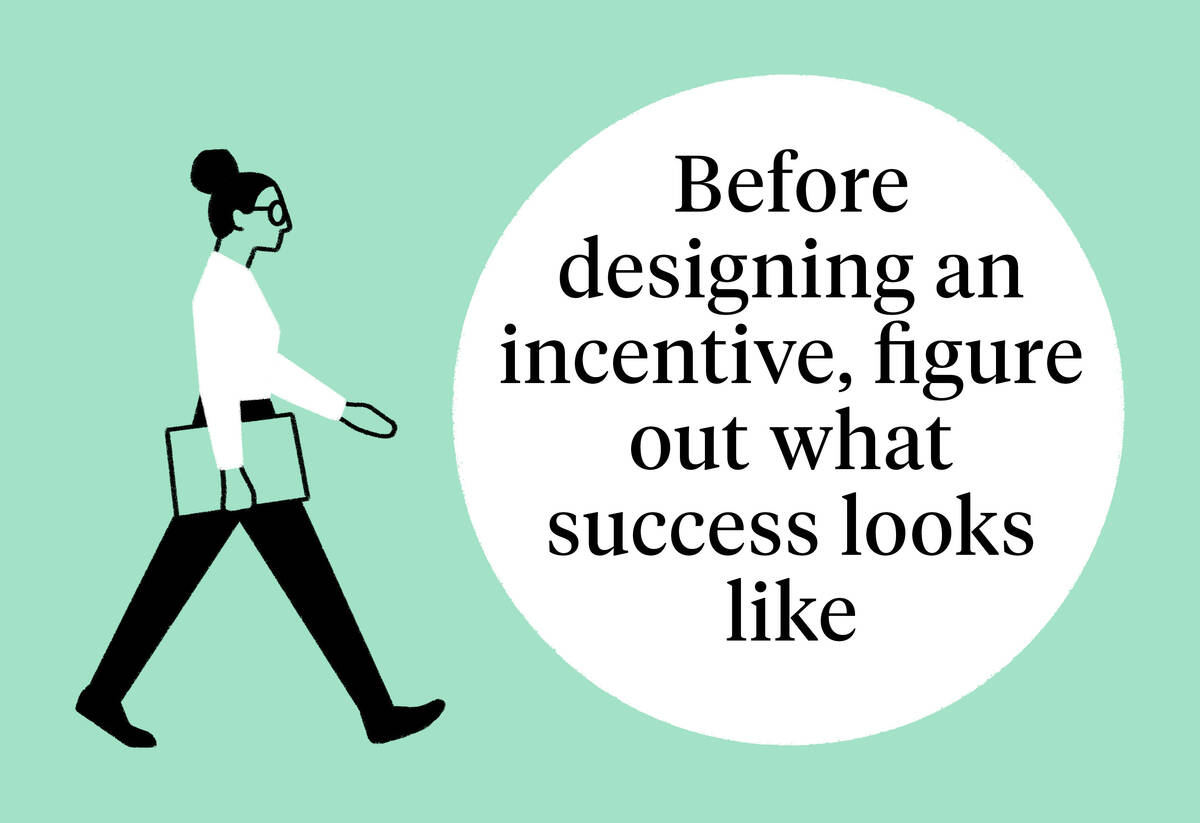Strategy Mar 21, 2022
Podcast: How to Design Incentives That Motivate Employees
On this episode of The Insightful Leader, we learn why it’s not always as simple as handing out a performance bonus.

Motivating employees to work hard is a subject of rumination among the management ranks. If designed incorrectly, incentive plans can backfire.
George Georgiadis, a microeconomic theorist and an associate professor of strategy, points to a scandal that happened at Wells Fargo in 2016, where employees were incentivized to sell additional products and services to existing customers in order to reach branch-level sales goals. The result? Employees created millions of fake accounts without customers’ knowledge.
“As soon as you design an incentive scheme, a lot of really smart employees are going to be spending a lot of their time thinking, ‘how can I increase my pay?’” Georgiadis said.
Not all employees will try to game the system, but the lesson here is this: think very carefully about how you structure pay-based incentives.
On this episode of The Insightful Leader, we discuss the pros and cons of different pay-based incentive arrangements.
Note: The Insightful Leader is produced for the ear and not meant to be read as a transcript. We encourage you to listen to the audio version above. However, a transcript of this episode is available here.


